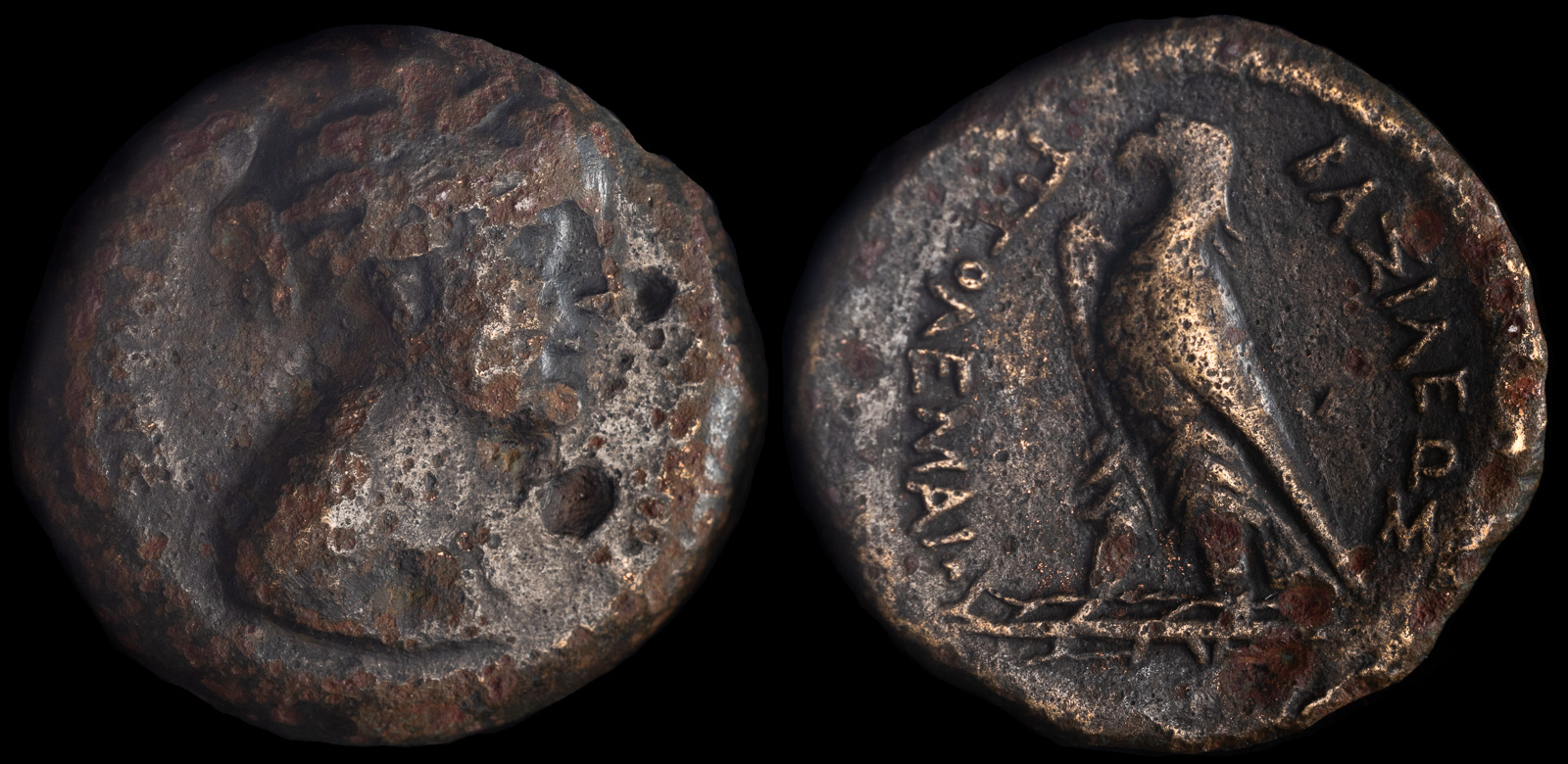Ptolemy
View All Tags
Ptolemy was an important general under Alexander‘s campaigns against Darius III, though he was far milder in temper than the more infamous Krateros and Antigonos.
After Alexander‘s death, Ptolemy made his smartest move yet in obtaining the satrapy of Egypt. In historical retrospect, this was by far the best satrapy, because the Nile offered a huge natural defense. Twice this saved Egypt from being overrun. The first was when Perdikkas led a strong contingent to punish Ptolemy for stealing Alexander the Great‘s body. After an ill fated crossing where his war elephants dug up silt and roughly two-thousand soldiers drowned, were eaten by crocodiles, or both, Perdikkas‘ soldiers murdered him.
The second, and far more dangerous, involved an attack by Antigonos. Though the crocodiles were disappointed that he was more savvy than his predecessor, and he managed a good deal of damage against Ptolemy, he too was eventually forced to withdraw.
Because Ptolemy’s kingdom was well-defended, he had more time for intellectual pursuits. He built a library in Alexandria, which soon became known as The Library at Alexandria (where do the Greeks get these names?). He also built a tremendous lighthouse on a small island called Pharos that was listed in the Seven Ancient Wonders of the World. Ptolemy named this lighthouse “Pharos” and we now know it as the Lighthouse of Alexandria.
Ptolemy even managed a bit of drama. He married Eurydike. No, he didn’t marry Eurydike, daughter of Cynane. Nor did he marry Eurydike, daughter of Lysimachos. He married the daughter of Antipater. She gave him Ptolemy Keraunos, who served as chief asshole among the diadochi, and murdered Seleukos I Nikator and his half-sister Arsinoe II‘s young sons before his head was placed on a spike by the Gauls. She also gave him Lysandra, who married Lysimachos‘ son Agathokles and convinced Seleukos to attack and kill Lysimachos after he had executed Agathokles.
Ptolemy then fell for her lady-in-waiting Berenike, who’s son Magas had accompanied her to Egypt. When Ptolemy married Berenike, Eurydike (remember which one) felt disgraced and left Egypt. She gave him the aforementioned Arsinoe II, along with Ptolemy II, who inherited the kingdom.
Since he had tons of free time, Ptolemy also wrote a history of his adventures with Alexander. The book was extremely popular and sold out immediately, which is why we don’t have any copies today. Parts of it were copied by writers like Arrian, whose works didn’t sell out and we have. We’re also lucky that plagiarism wasn’t frowned on back then.

Berenikie II 244-221 BCE

Memphis, Egypt 323/2 BCE
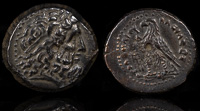
Ptolemy Epigonos 246-221 BCE

Ptolemy I Soter 311-305 BCE
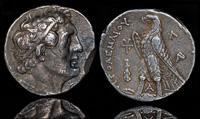
Ptolemy II Philadelphos 256/55 BCE
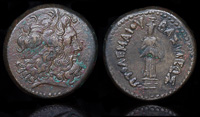
Ptolemy III Euergetes 246-222 BCE
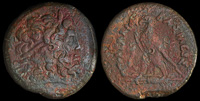
Ptolemy IV 222-204 BCE
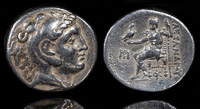
Ptolemy Keraunos 281-279 BCE
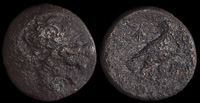
Ptolemy Keraunos 281-279 BCE
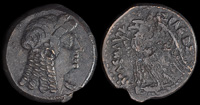
Ptolemy V 205-180 BCE
